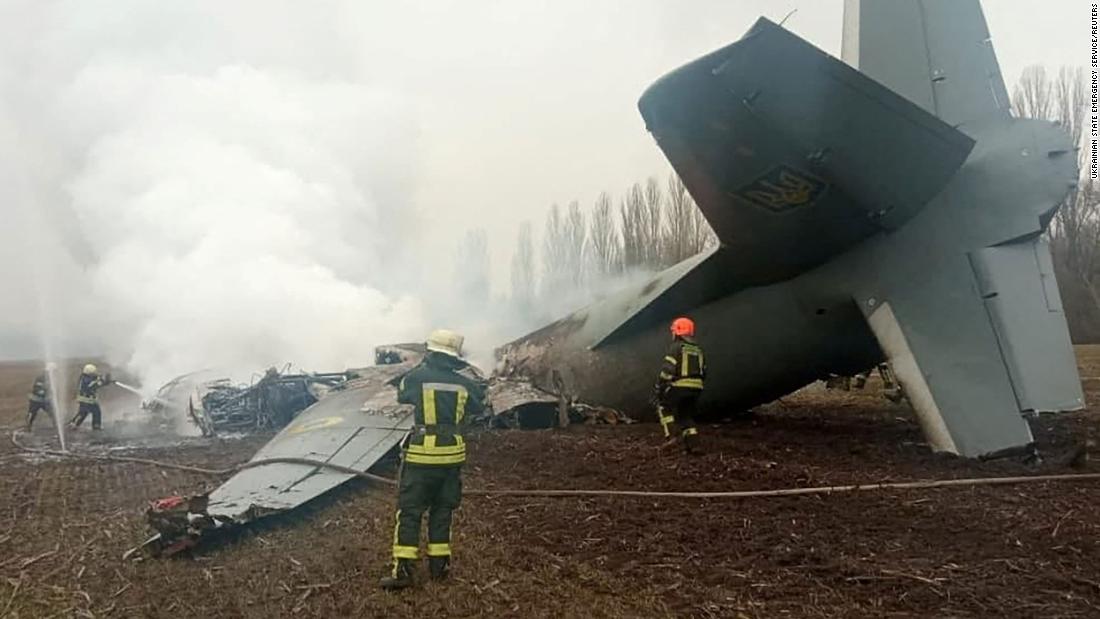Is Armed Militia Influence Growing in U.S. Politics?
Far-right extremists were once content to stir up trouble from the sidelines, but a new generation of younger leaders is moving into electoral politics, experts told a recent webinar hosted by the Joyce Foundation.


Photo by Anthony Crider via Flickr
The danger of armed right-wing militias has recently been thrust into the national spotlight, but when it comes to violent domestic extremism, experts say U.S. authorities have had their eyes off the ball for quite a long time.
“Over the years, because of quite a few failures in court, the government grew more nervous about pursuing these groups; then 9/11 shifted the federal apparatus to looking at foreign terrorism, and now it’s kind of the Wild West,” said Heath Druzin, host and creator of the podcast Extremely American, which examines the nexus between militia movements and politics nationally and in targeted regions of the country.
Druzin was speaking at a recent webinar hosted by the Joyce Foundation.
“Every state has a law that says you can’t impersonate the military, you can’t impersonate law enforcement, you can’t be a private group that assumes the duties of either one; but the government really hasn’t started paying more attention to domestic extremism until right now,” he continued.
As a result, organizations such as the Proud Boys, the Oathkeepers and the Three Percenters, have sprouted in states around the country, galvanized by the polarization surrounding the Trump administration, the COVID-19 pandemic and the 2020 insurrection attempt.

Heath Druzin via NPR
As of 2021, the Southern Poverty Law Center has documented 1,221 active hate and anti-government extremist groups across the United States.
Druzin says it is not just the size of the groups’ membership that raises concerns, but also that their mission—and the methods they want to use to achieve it—are changing.
“Almost all of them will say that if the government becomes tyrannical, then they will fight,” said Druzin.
“They were once content to just train, have their ideology, and not trust electoral politics in general, but now there’s a whole new generation of younger leaders that want to affect change and are going to run for office to do it.
“That’s a radically different approach.”
Recent media reports appear to confirm the shift towards mixing politics with armed militancy.
In Idaho, Ammon Bundy, who led an armed takeover of a federal wildlife refuge in Oregon and was later acquitted, has mounted a campaign for governor. In California, voters handed control of the Shasta county board of supervisors to a group aligned with local militia members, outing an established conservative Republican.
And in Washington state, Ashley Sova, a home-schooling, anti-masking member of the far-right Three Percent movement was sworn into the five-person Eatonville School Board, becoming the second member of the militia group to join.
Jonathan Oosting, Capitol Reporter at Bridge Michigan, whose beat has included coverage of extremist movements in Michigan and their political activity, believes the ongoing push by these militia groups to legitimize themselves in the public square has been supported and, in some cases, precipitated by some current members of the Republican leadership.
“Michigan Senate Majority Leader Mike Shirkey has met with militia leaders and given them advice on how to message better and appear less threatening, while gubernatorial candidate Ryan Kelly invited armed protesters to provide extra-curricular security detail at a capitol rally,” Oosting told the webinar.
“These groups are trying to mainstream themselves and they’re attending these [pandemic-related] rallies to present a new face to the public, with assistance from politicians, that says they’re just part of a larger group of activists that were very upset at the time.”
It is a dangerous misdirection that hides an ominous trend spreading across the U.S.
While the total number of active far-right militias and militant social movements (MSMs) in the U.S. declined last year, many groups actually increased their activity and influence, according to a 2022 report by the Armed Conflict Location & Event Data Project, which maps political violence and protest around the world.
The Proud Boys, for example, experienced a 15 percent overall rise in general activity in 2021. The group’s engagement in violent demonstrations rose by 57 percent, while a third of all counter-demonstrations (involving two opposing groups) in 2021 involving far-right militias and MSMs turned violent or destructive—up from a fifth in 2020.
“Militia groups saw outrage over the COVID-19 restrictions as an opportunity to recruit, and the people they were recruiting were radicalized, angry and emboldened to come out in public with their guns and speak loudly and, at times, perhaps, cross lines,” said Oosting.
The alleged plot by four militia members to kidnap Michigan Governor Gretchen Whitmer, eliminate her security detail, and perhaps touch off a civil war, as well as the indictment of several Oath Keepers, including their former national chairman, for organizing an assault on the Capitol on Jan. 6 and stockpiling weapons for a proceeding attack, exemplify just what lines some far-right extremists are potentially willing to cross.
Editor’s Note: Two of the alleged would-be kidnappers of Whitmer were acquitted in court, and a jury could not arrive at a verdict for the other two, after a trial in which defense attorneys forcefully claimed the men had been the victims of an FBI entrapment plot.
“There are a fair number of people out there who want to see action, and they aren’t content with training for some sort of theoretical eventuality,” said Druzin.
“And that’s where things not only get scary, but also very hard to control, because there’s very little command and control in these groups; and these ideas can very easily be taken the next step by people who might be willing to take them farther than their leadership wants: to violent action.”
However, despite the danger, Republican politicians continue to support far-right groups like this, simply because, with an upcoming primary, they need the votes.
In Michigan, state Senate candidate Mike Detmer has openly encouraged people to show up at the polls armed, believes the 2020 election was stolen, and says we have to make sure it doesn’t happen again.
Meanwhile, Texas Gov. Greg Abbott has done everything from empowering militias to police the border with Mexico to signing a law effectively dividing up the state into twelve districts, each with one state-sanctioned and citizen-operated armed paramilitary force specifically tasked with combating the antichrist.

Jonathan Oosting via Bridge Michigan
Both Oosting and Druzin warn that if people continue to avoid paying attention, the situation will only get worse.
“I think these primary elections, which in a lot of places are coming up this month, are probably going to say a lot about efforts to combat extremism, in politics at least,” said Oosting.
“A lot of these groups are into local politics and elections that we ignore. and one of the takeaways from my reporting is that we should all be a little more involved in our local elections, pay a lot more attention, and vote.”
“What we saw in the last couple years was a natural evolution of things that have been building… for quite some time,” said Druzin.
“These militia groups…ostensibly believe that society is about to collapse, that there’s going to be a war for survival, and they’re preparing for it.”
Additional Reading: U.S. Police Trainers with Far-Right Ties are Teaching Hundreds of Cops, Reuters Special Report, May 6, 2022
Isidoro Rodriguez is Deputy Editor of The Crime Report.

 Landwebs
Landwebs 



















